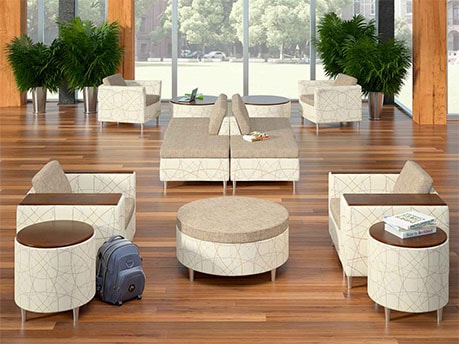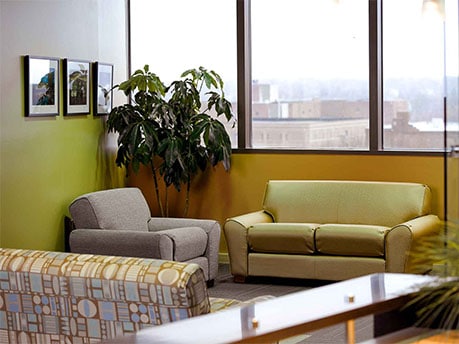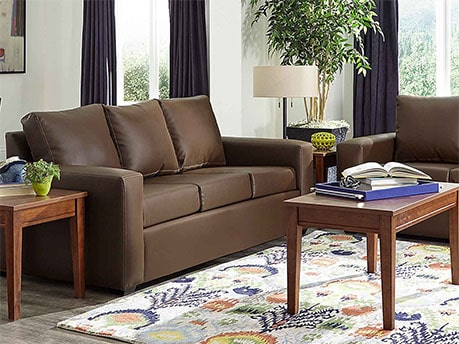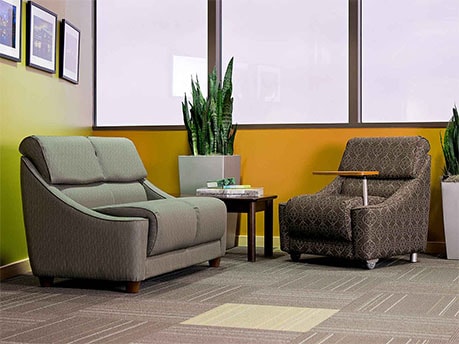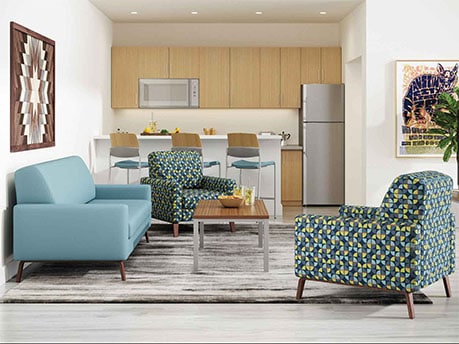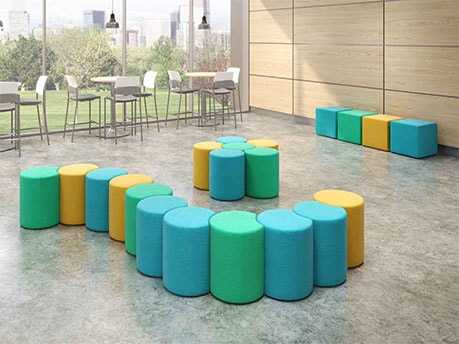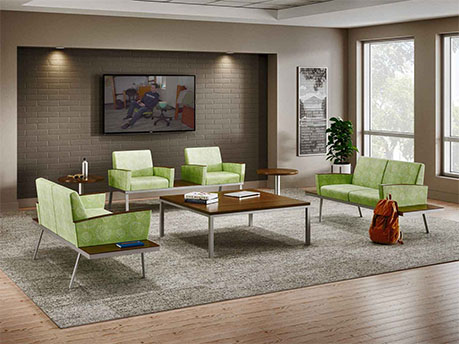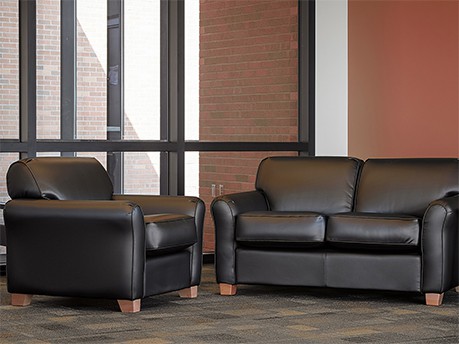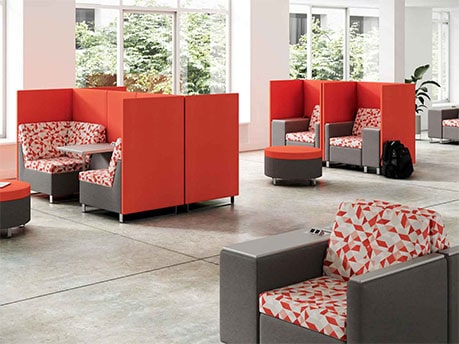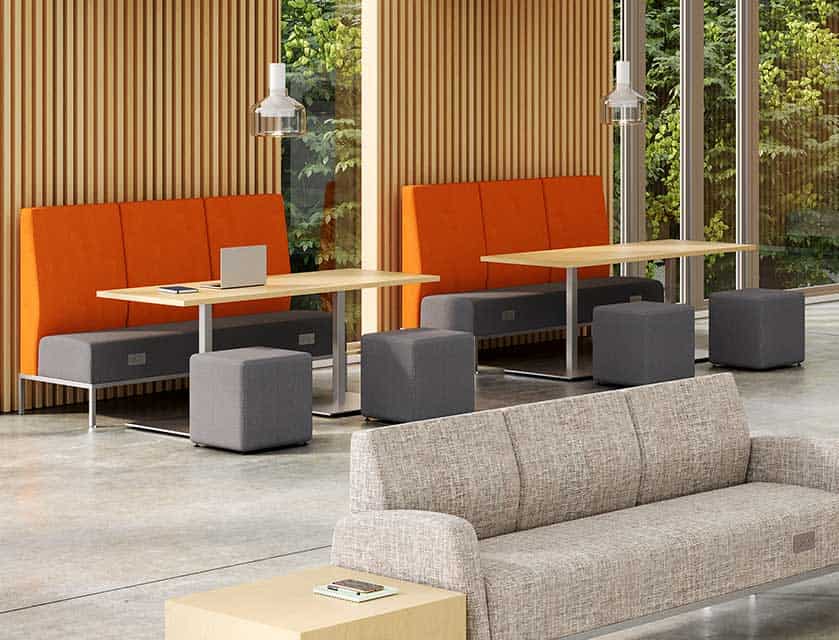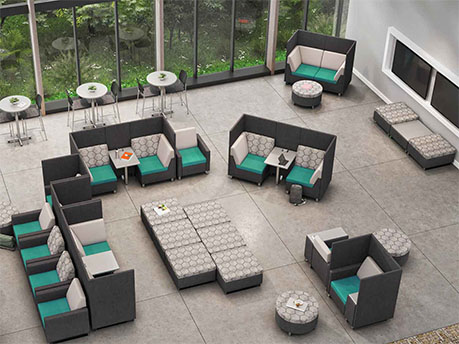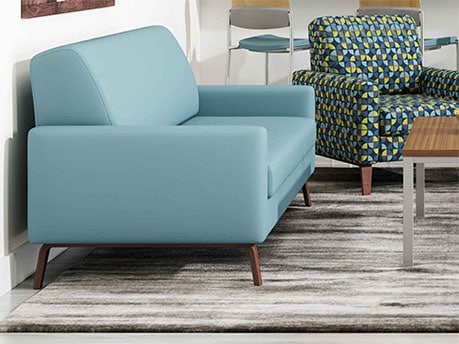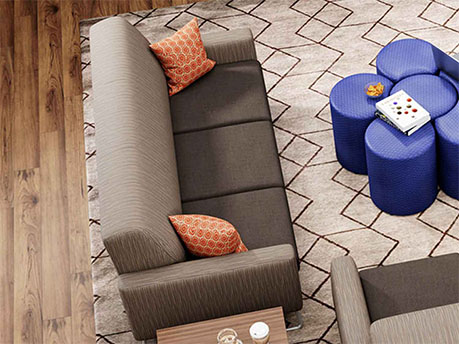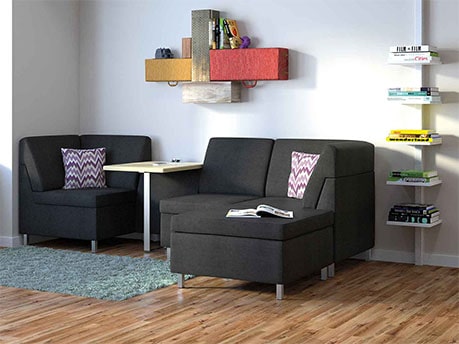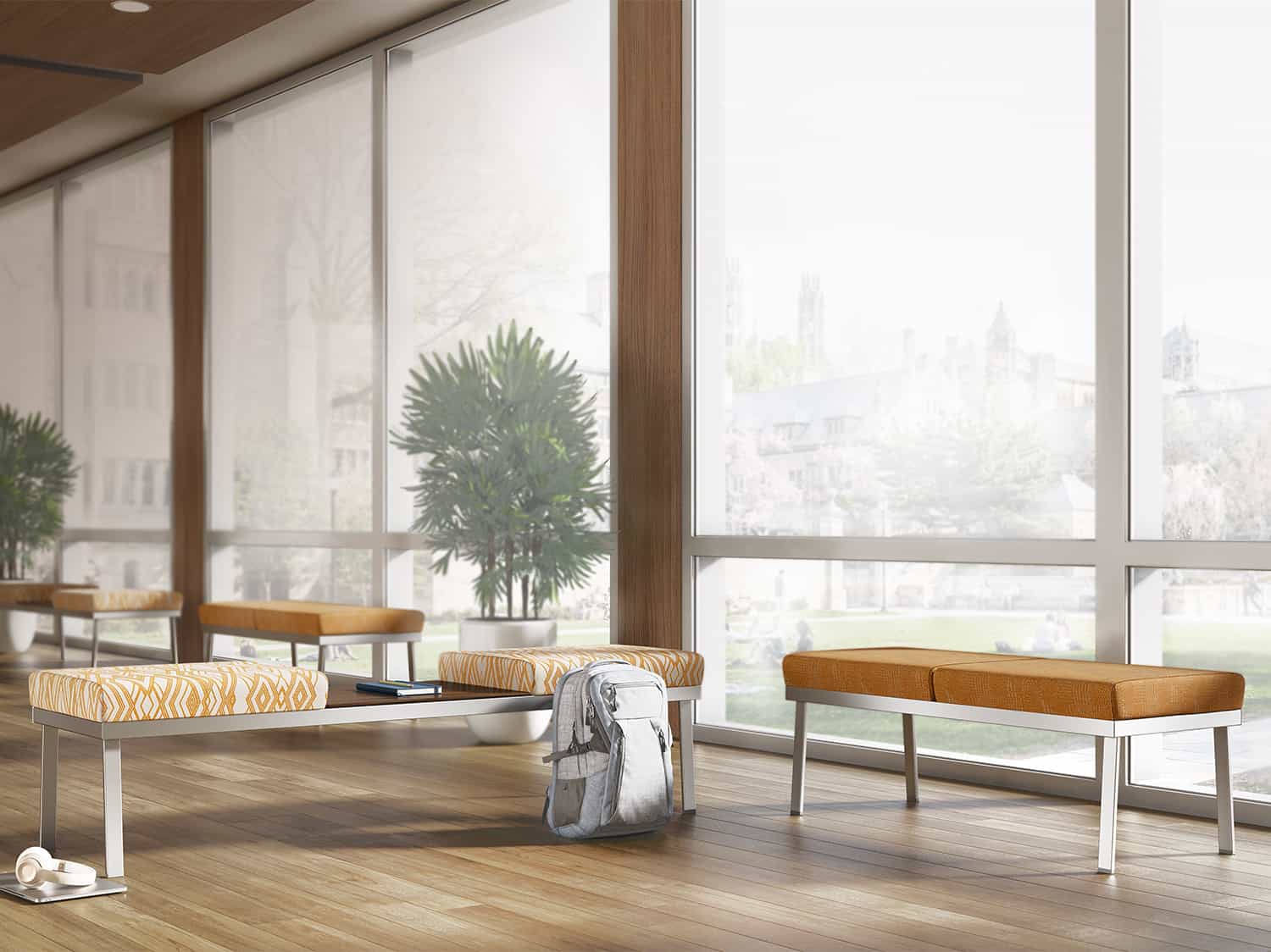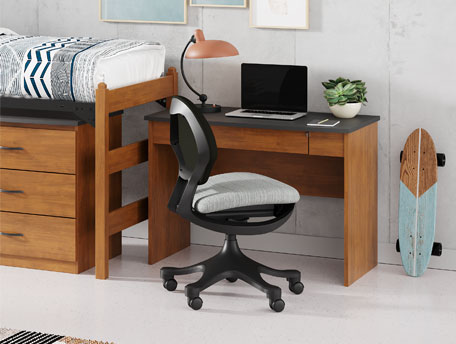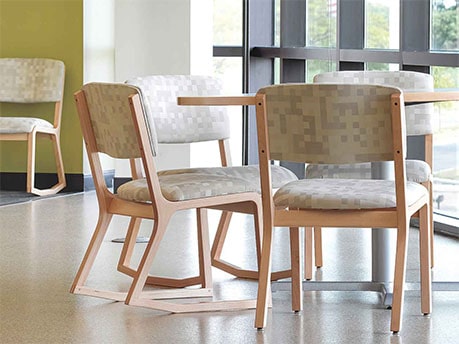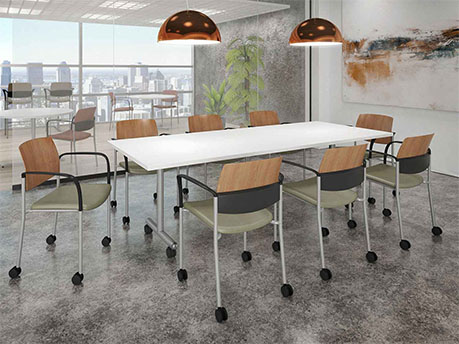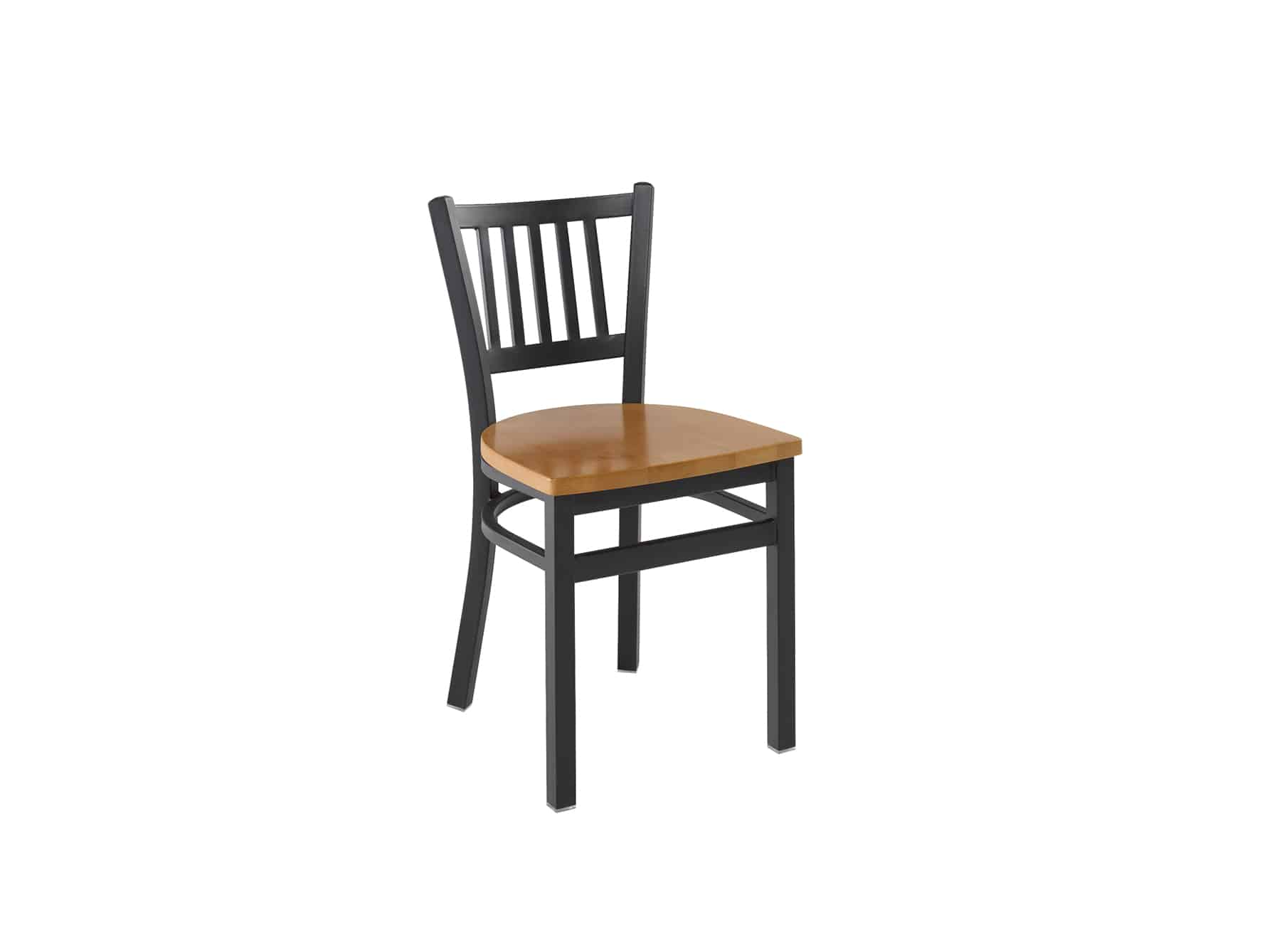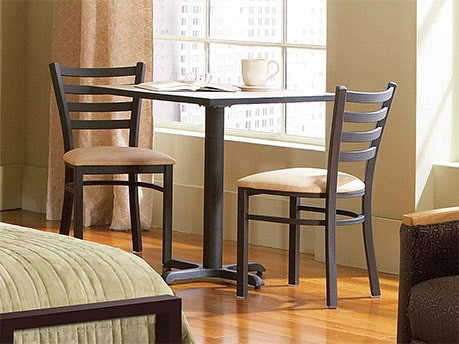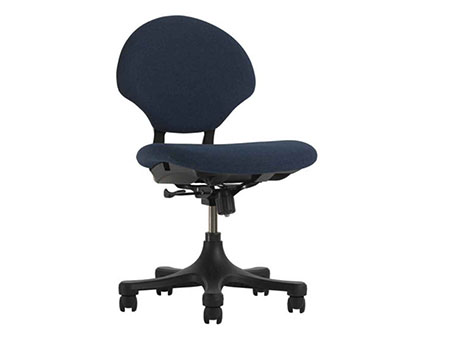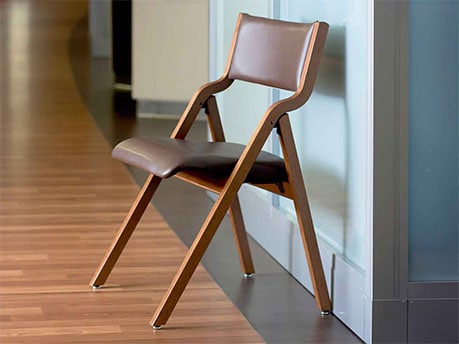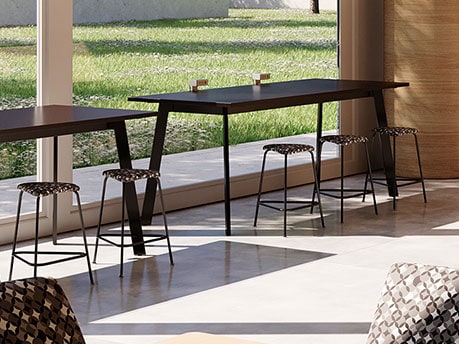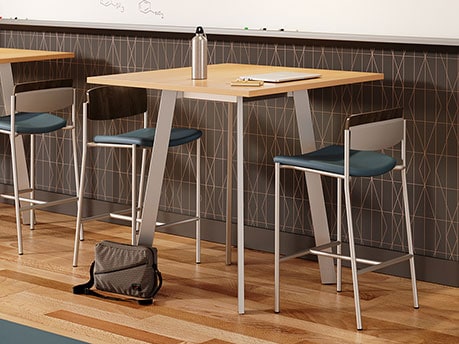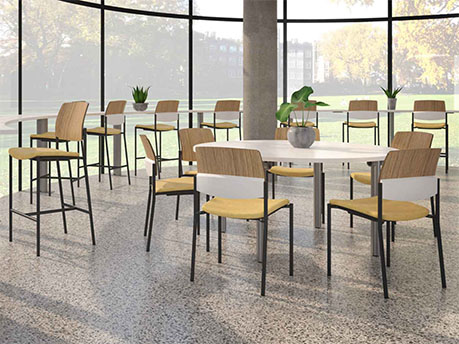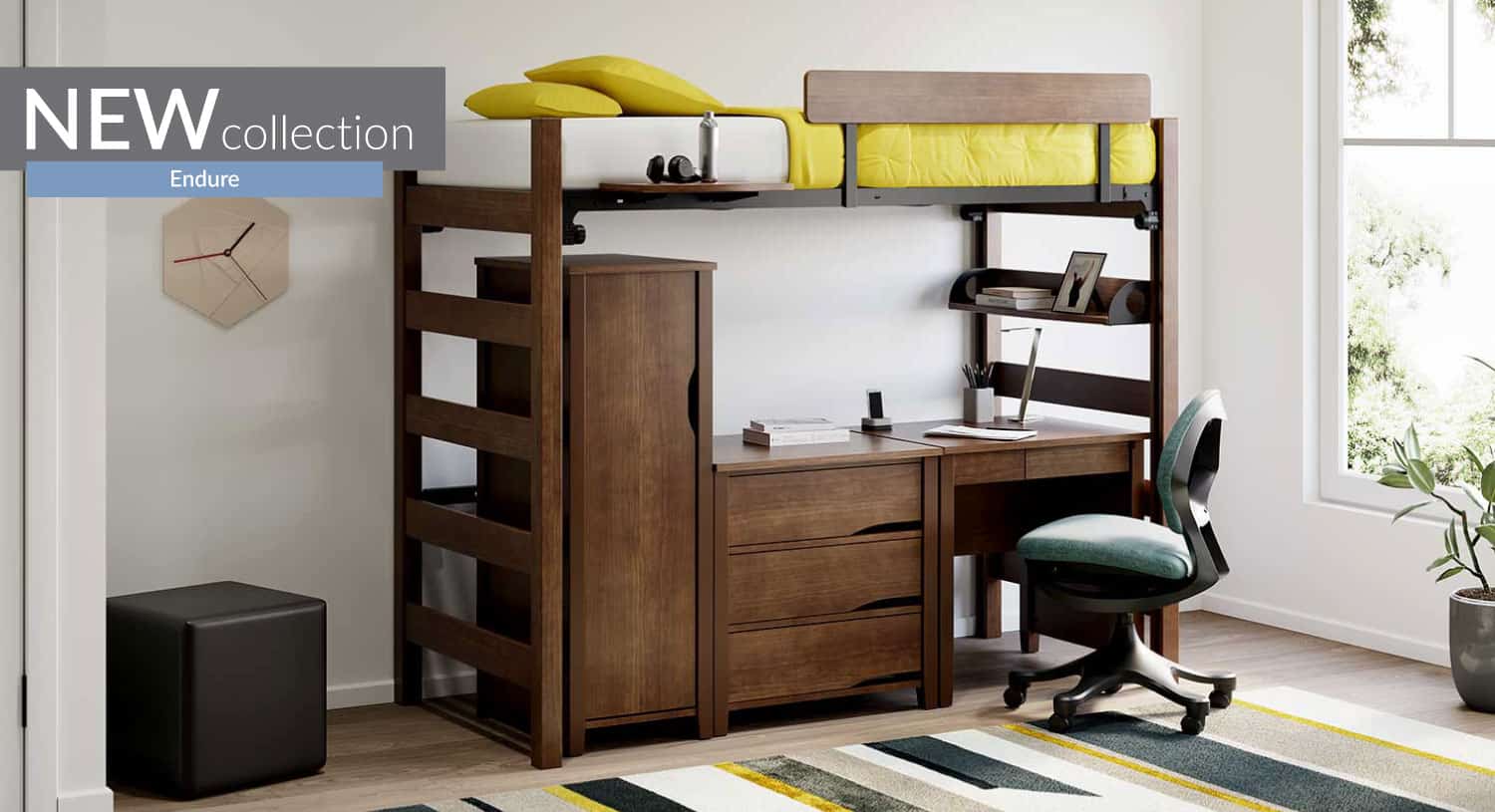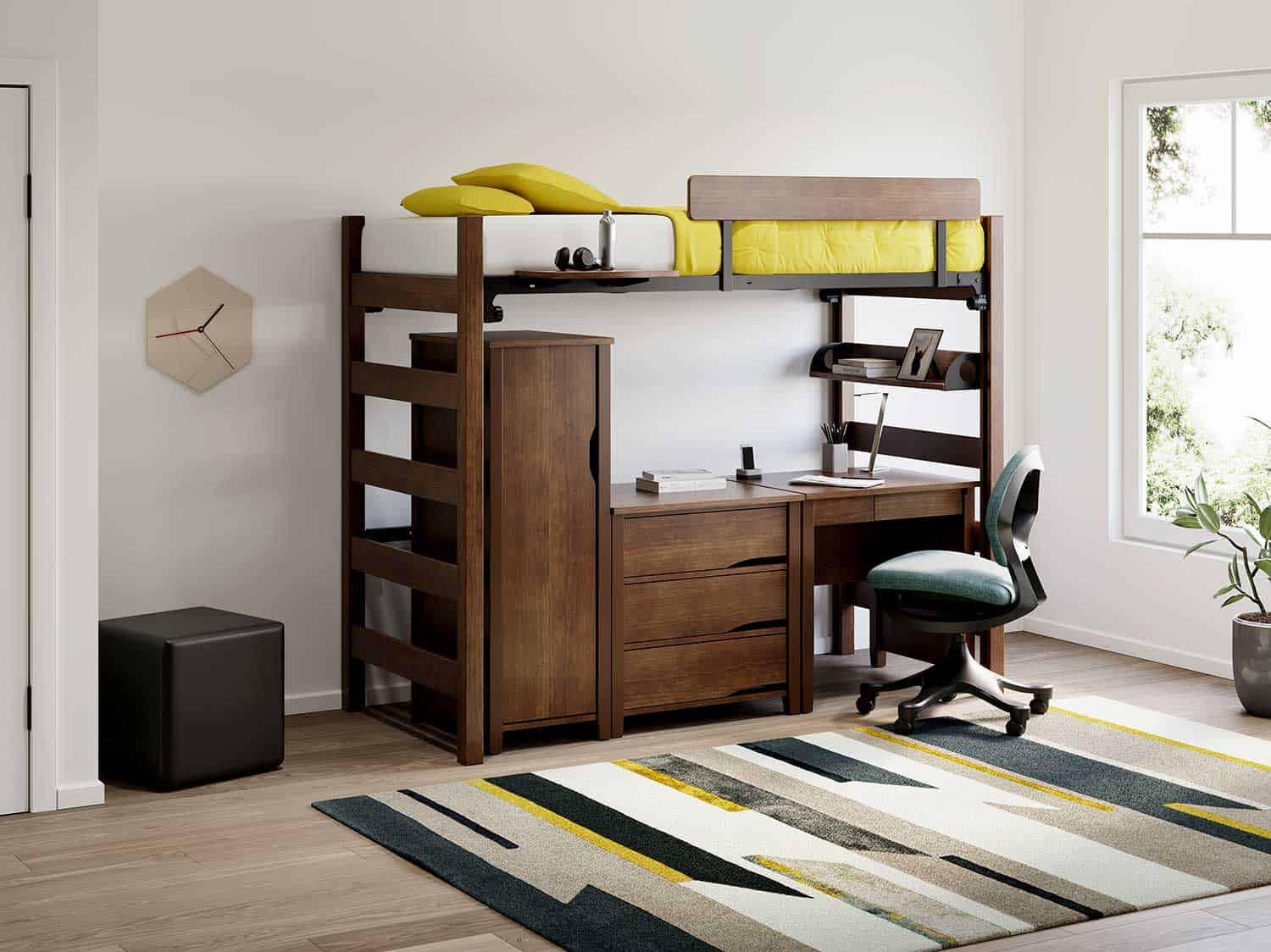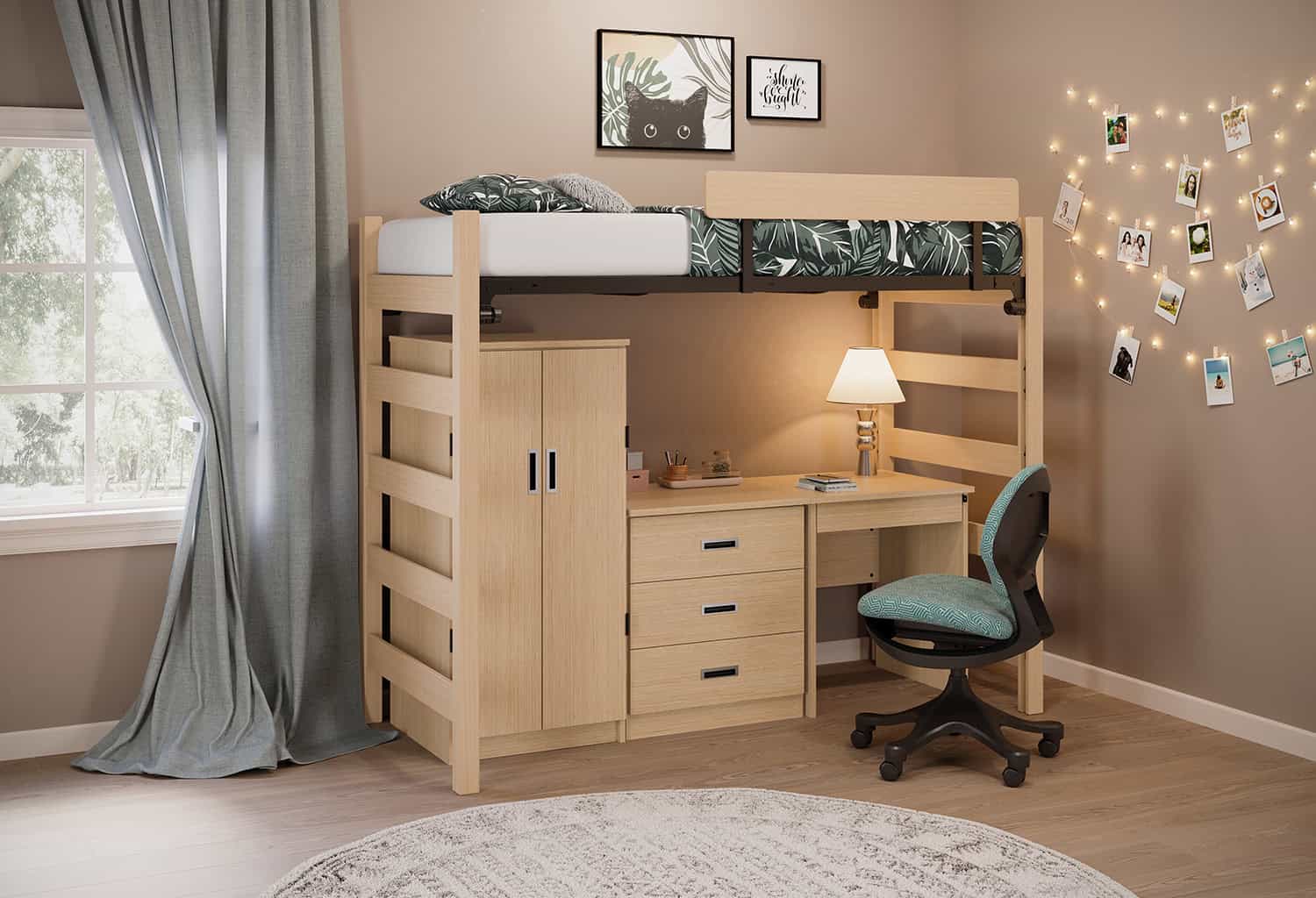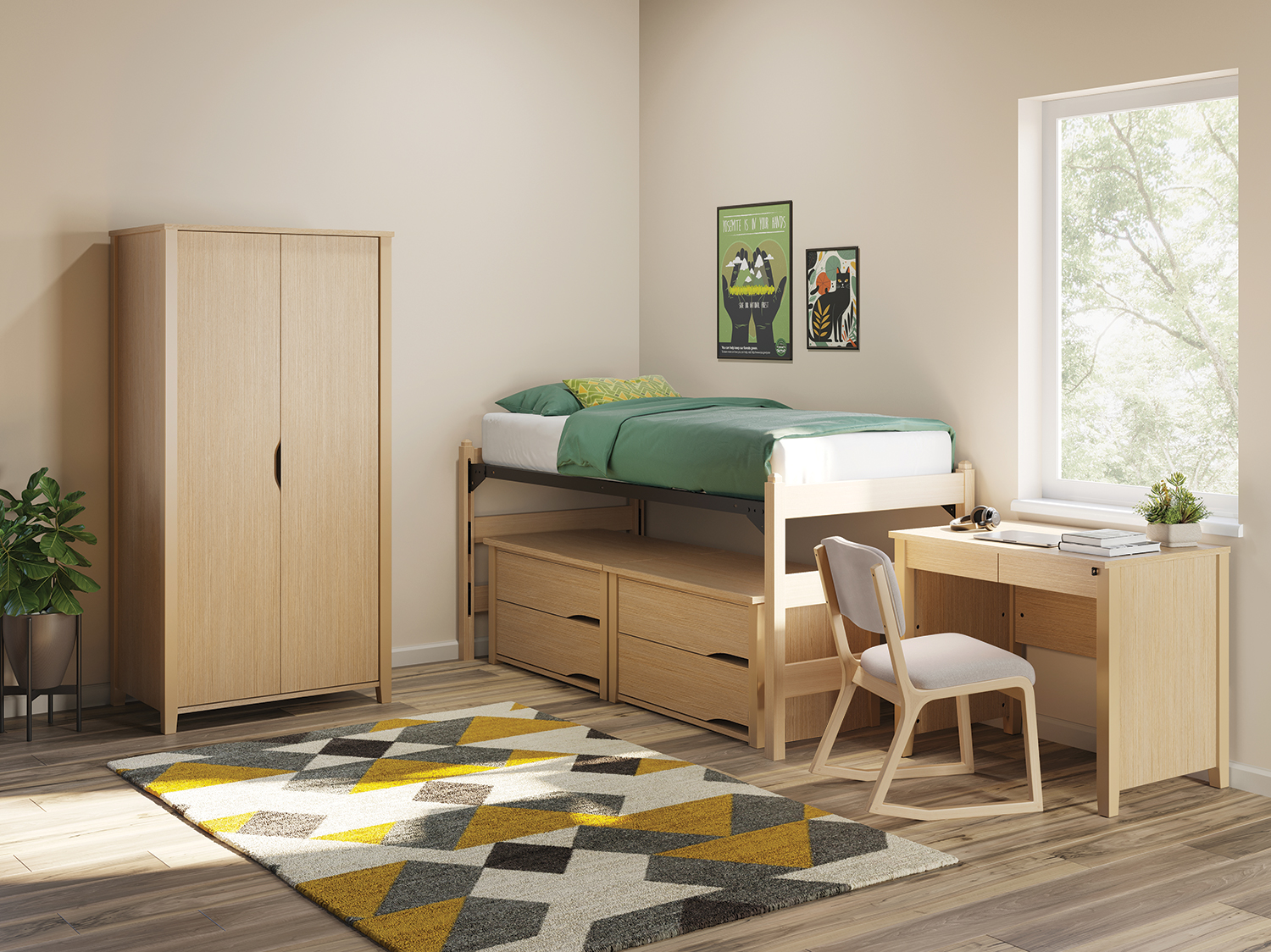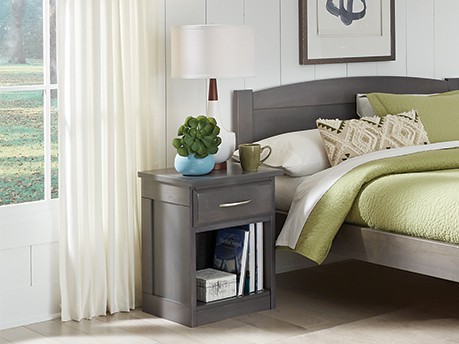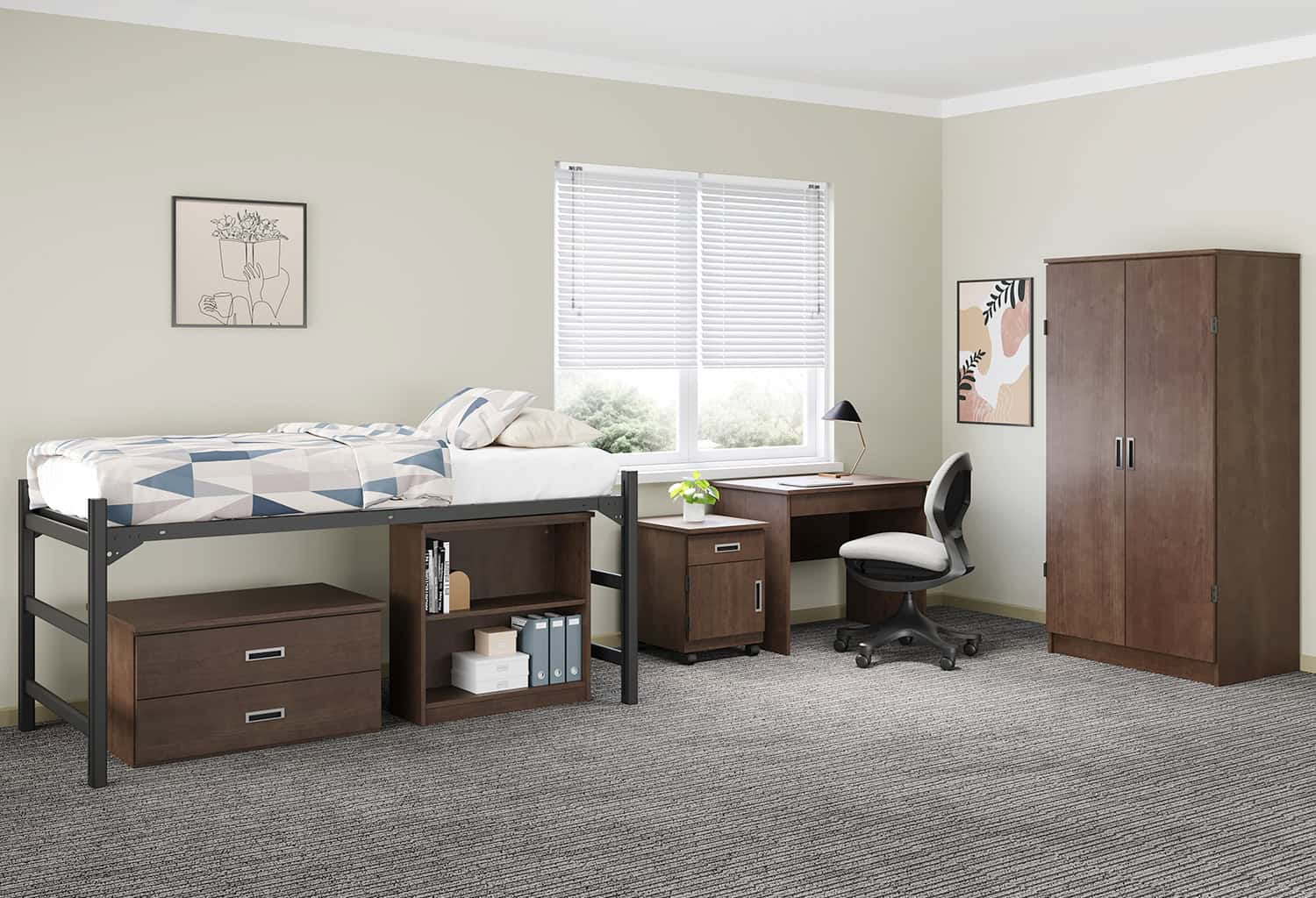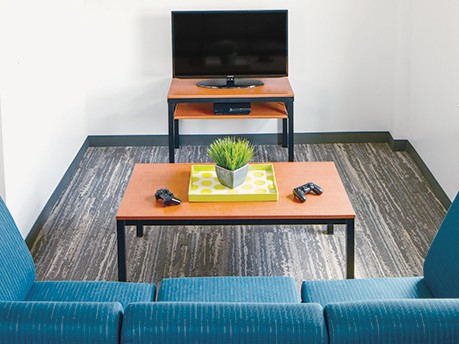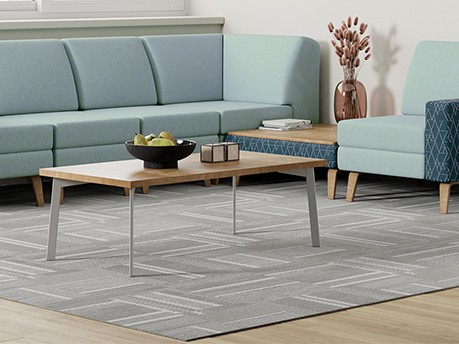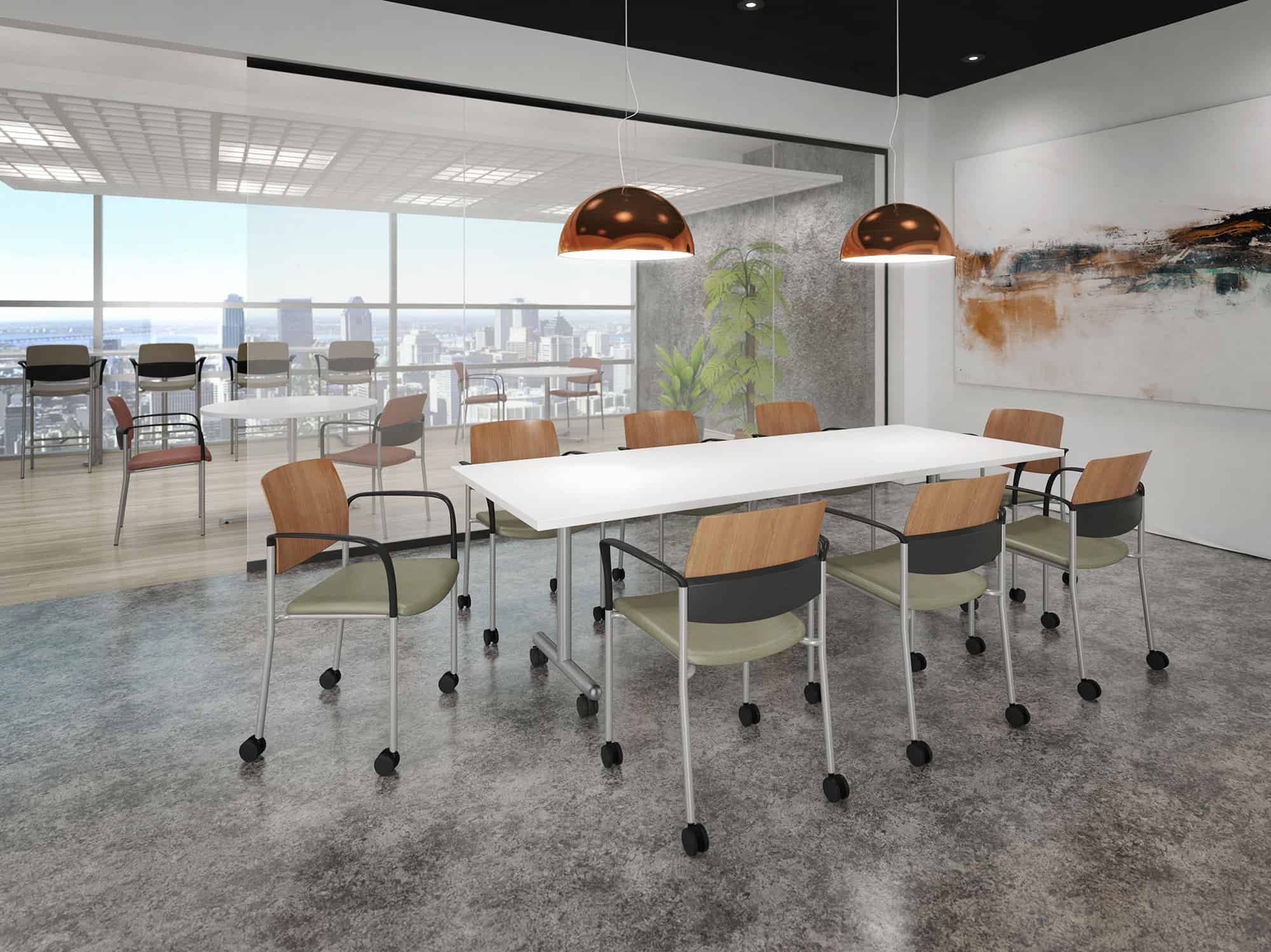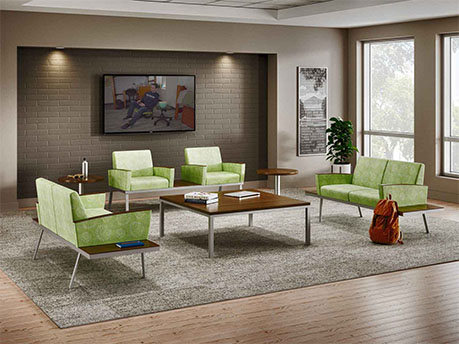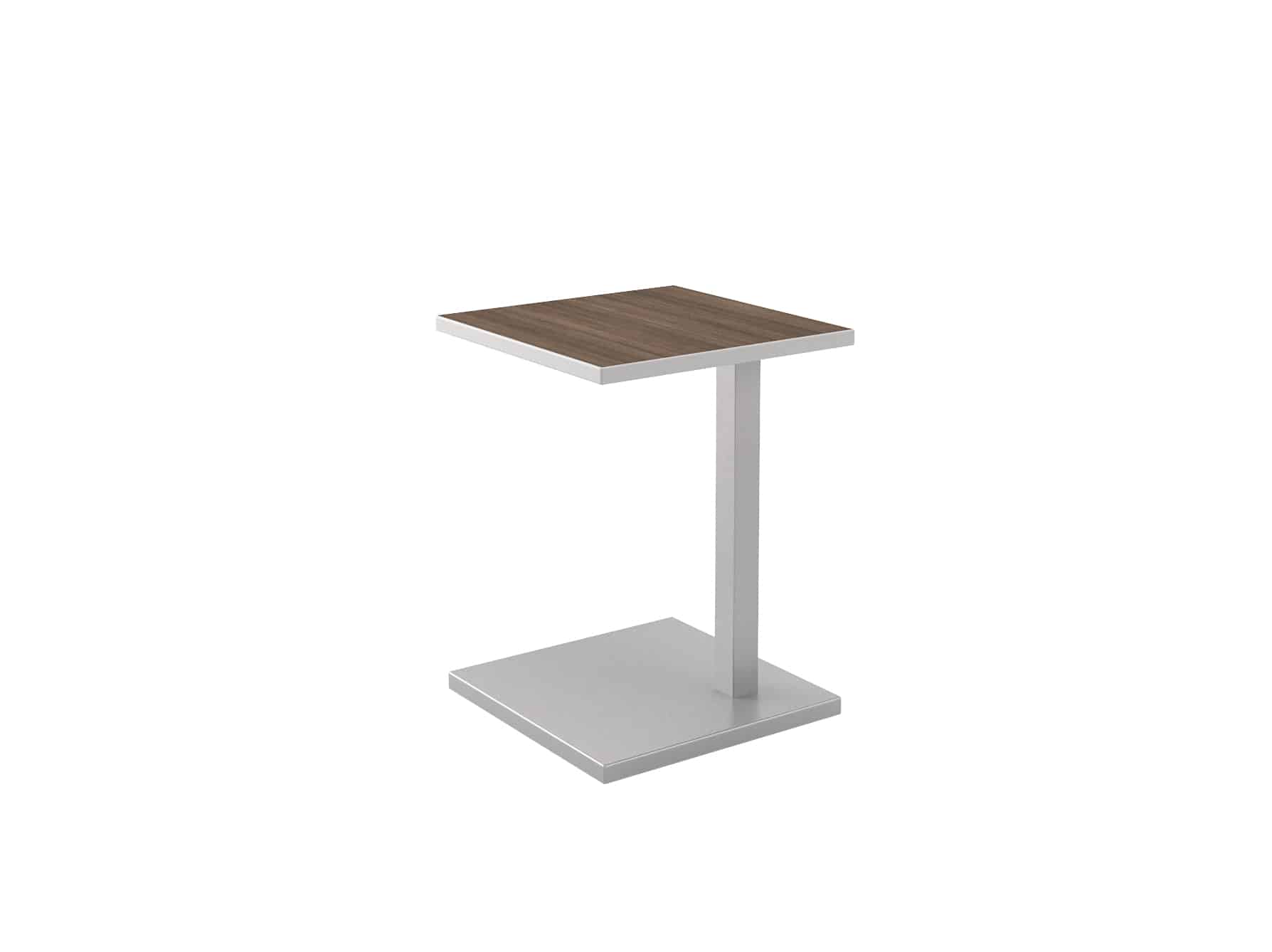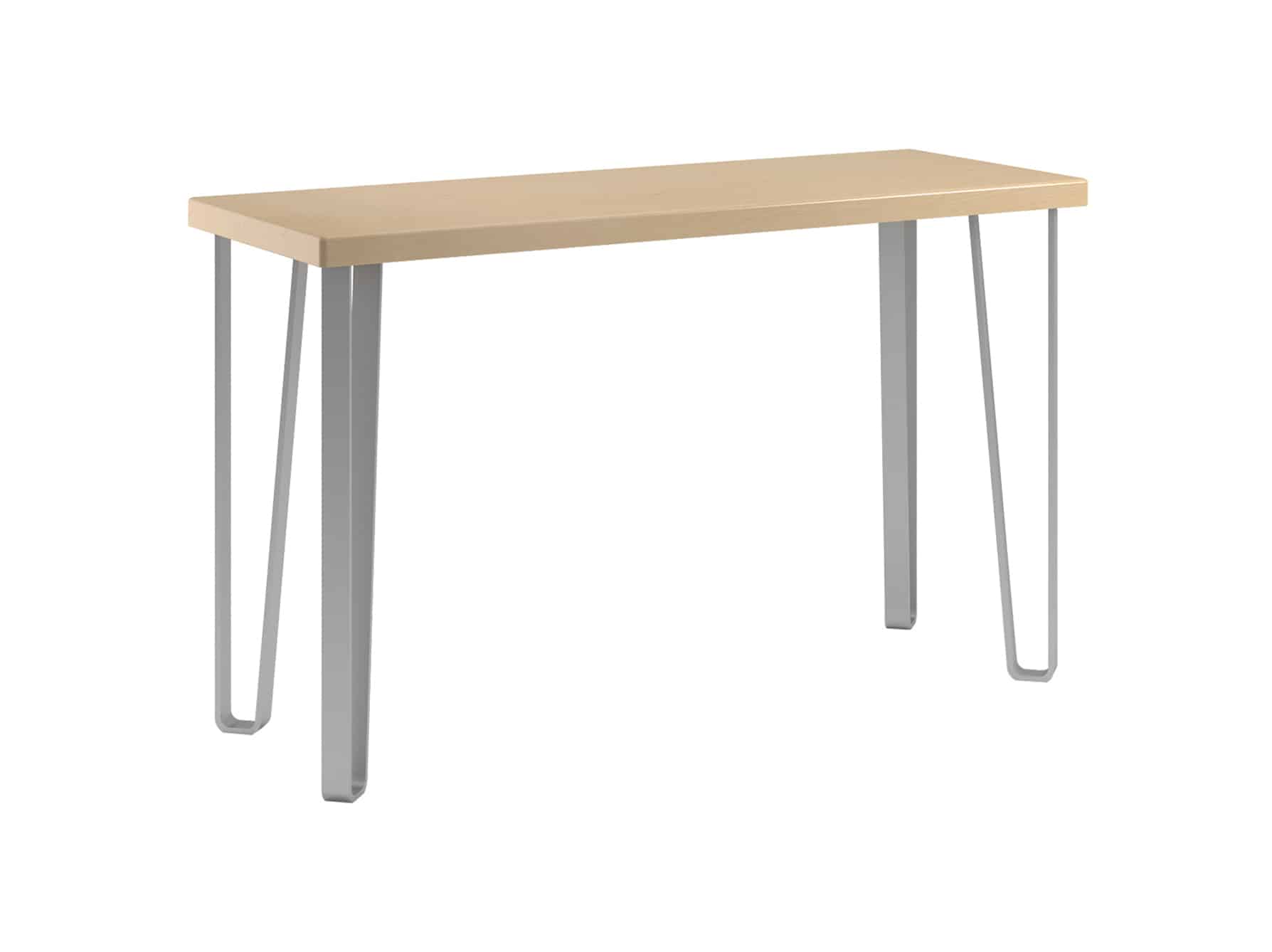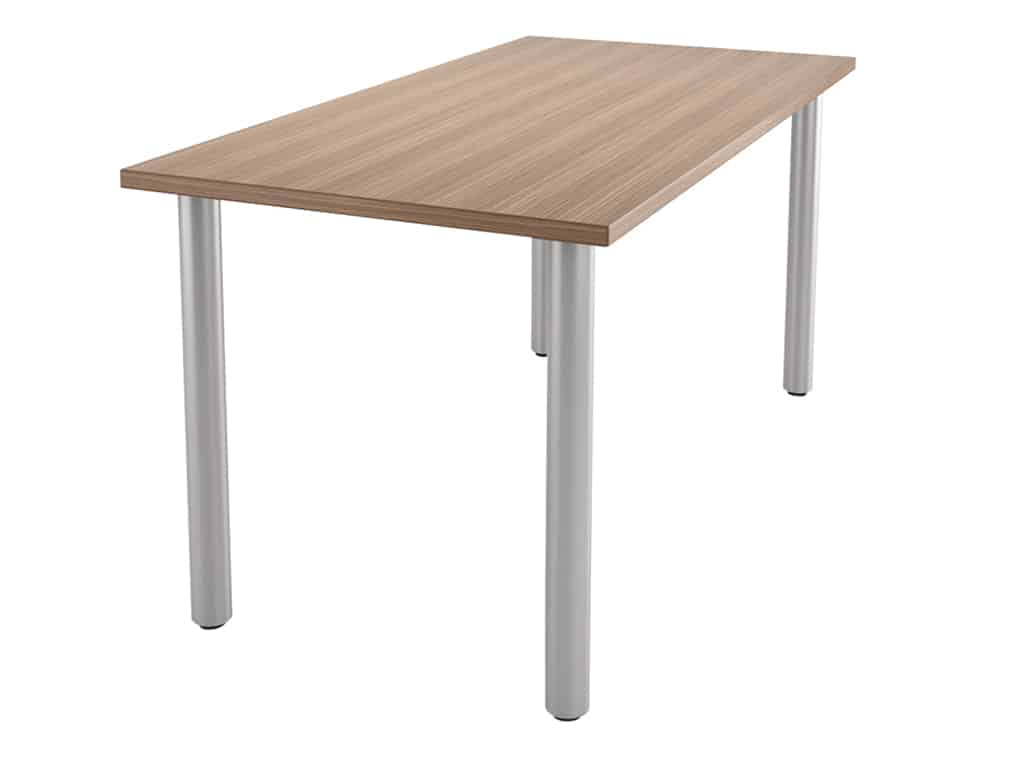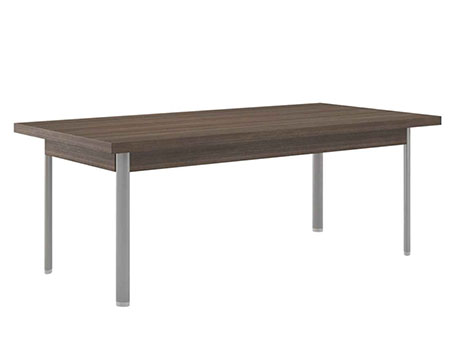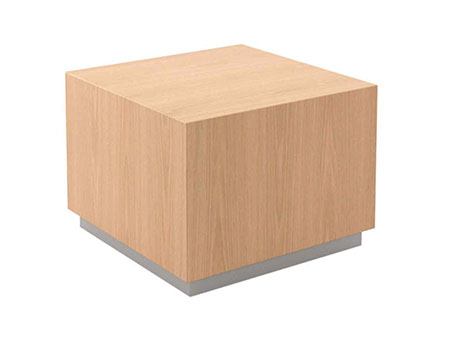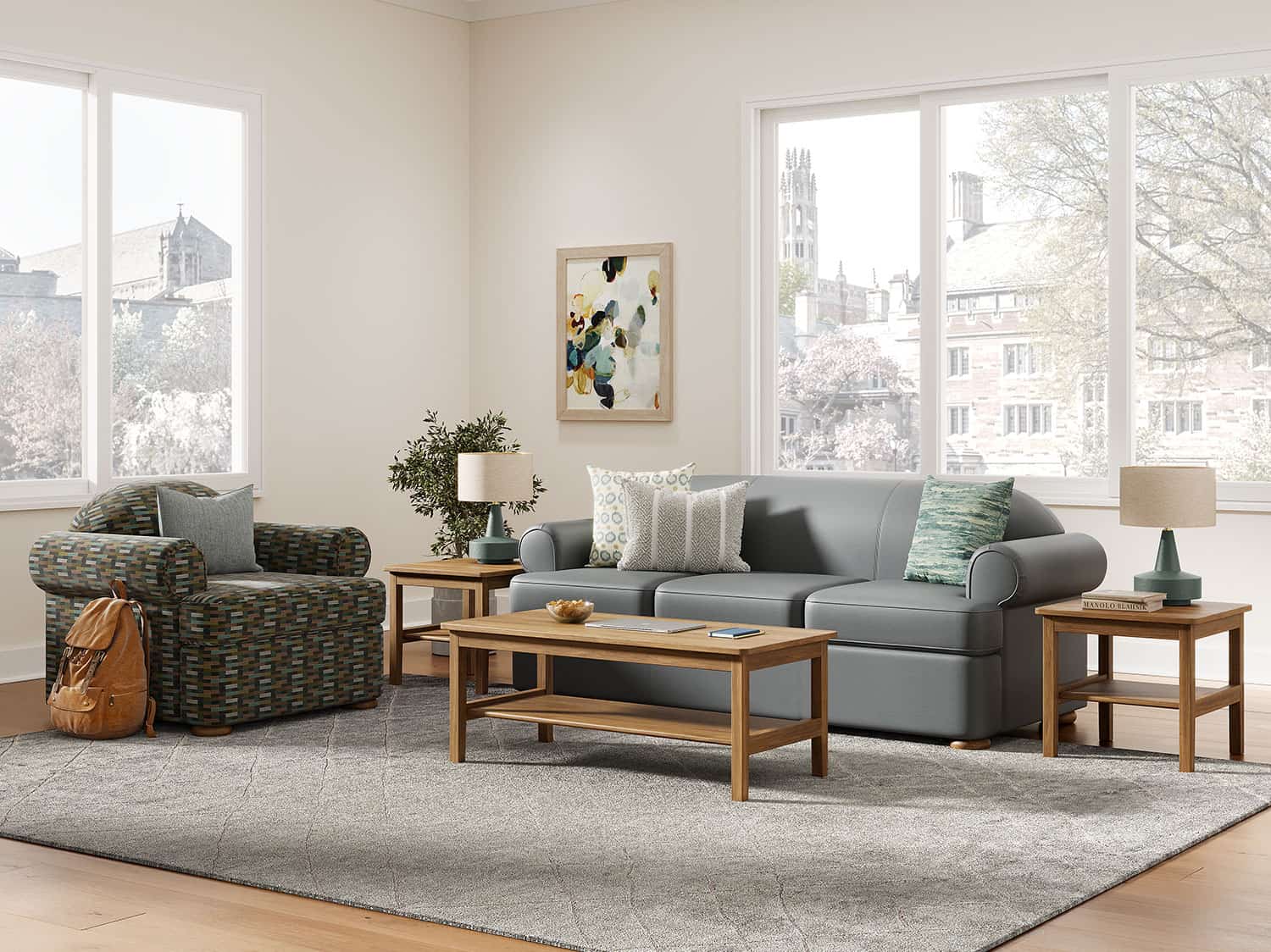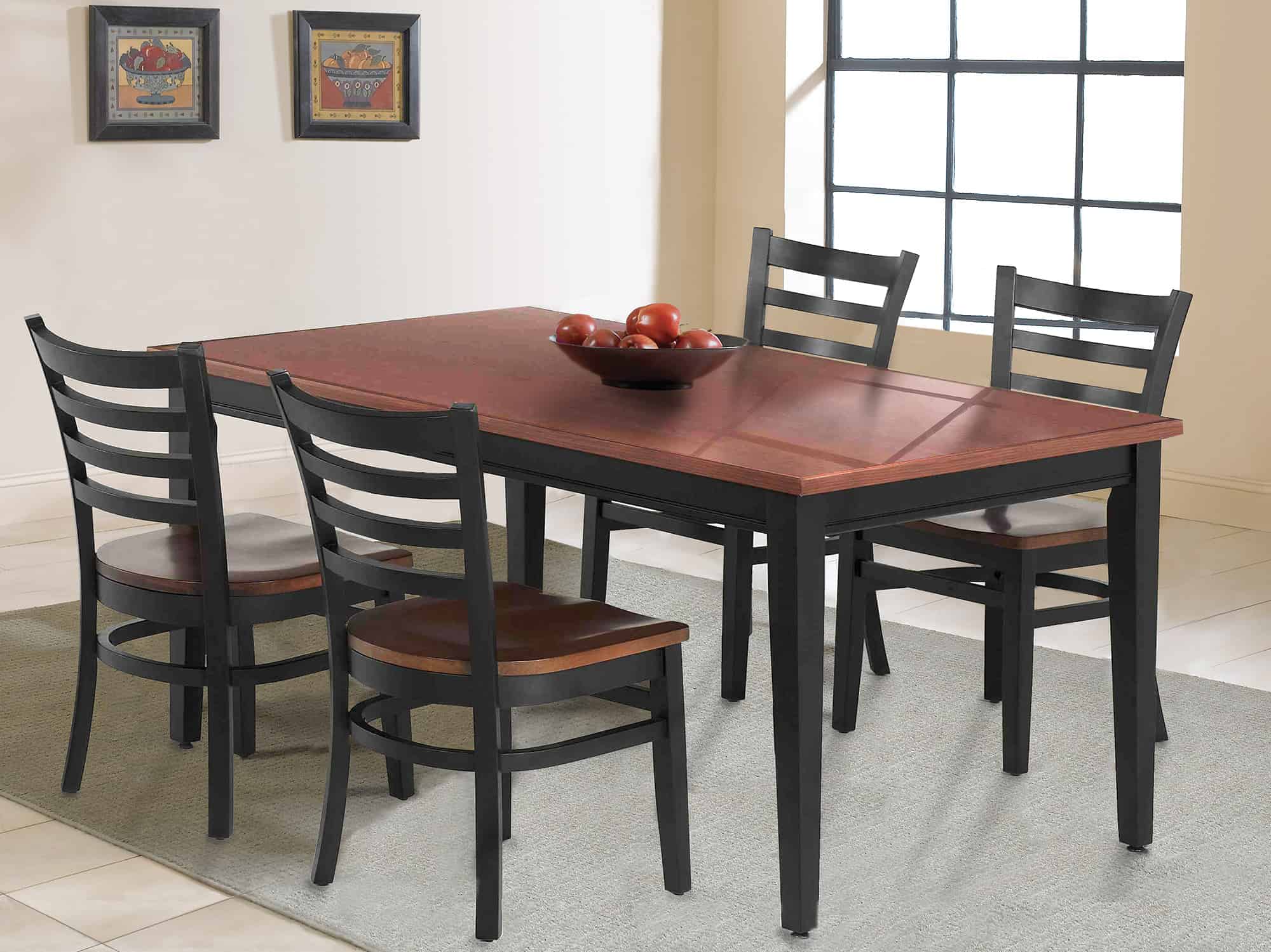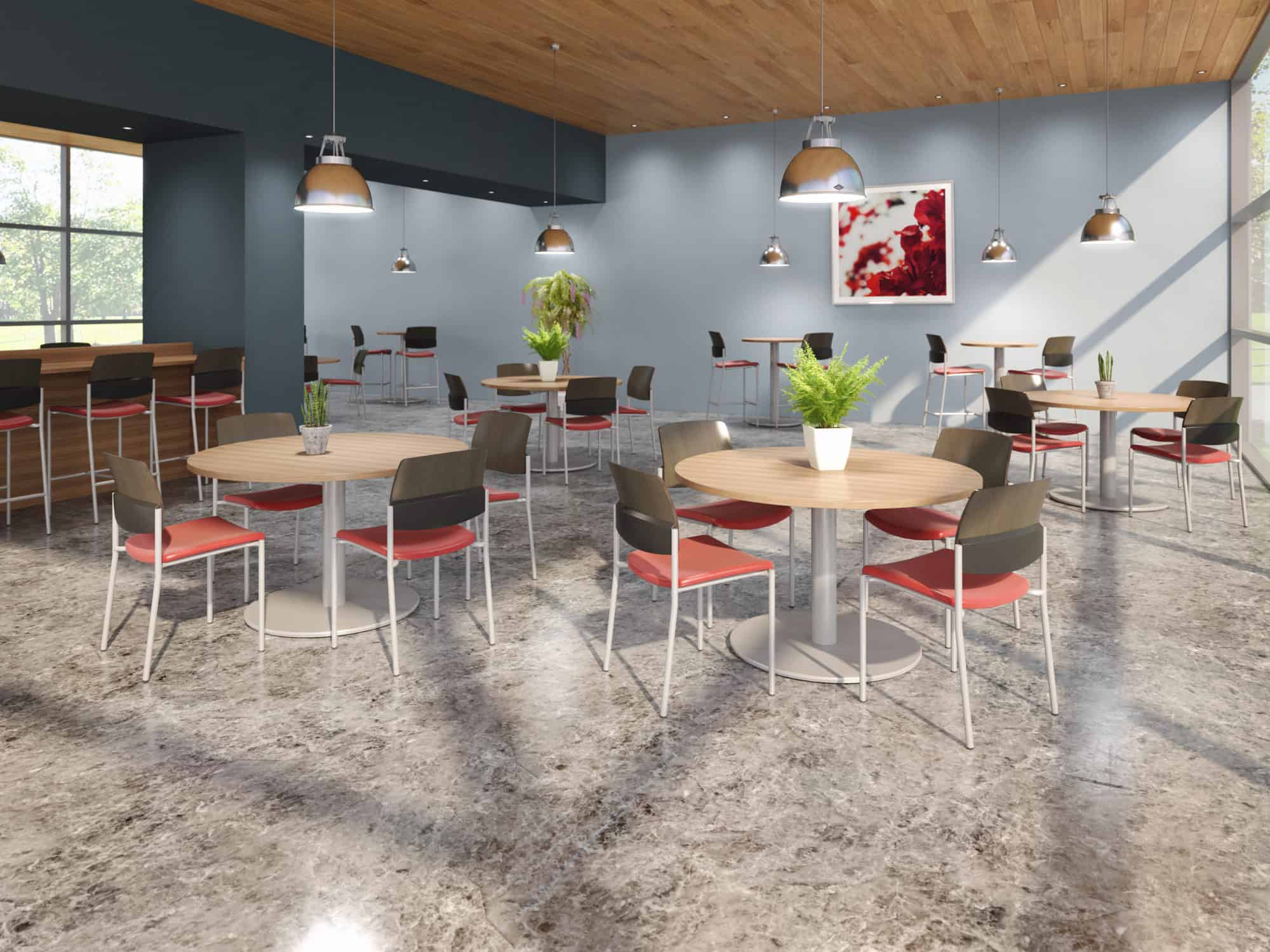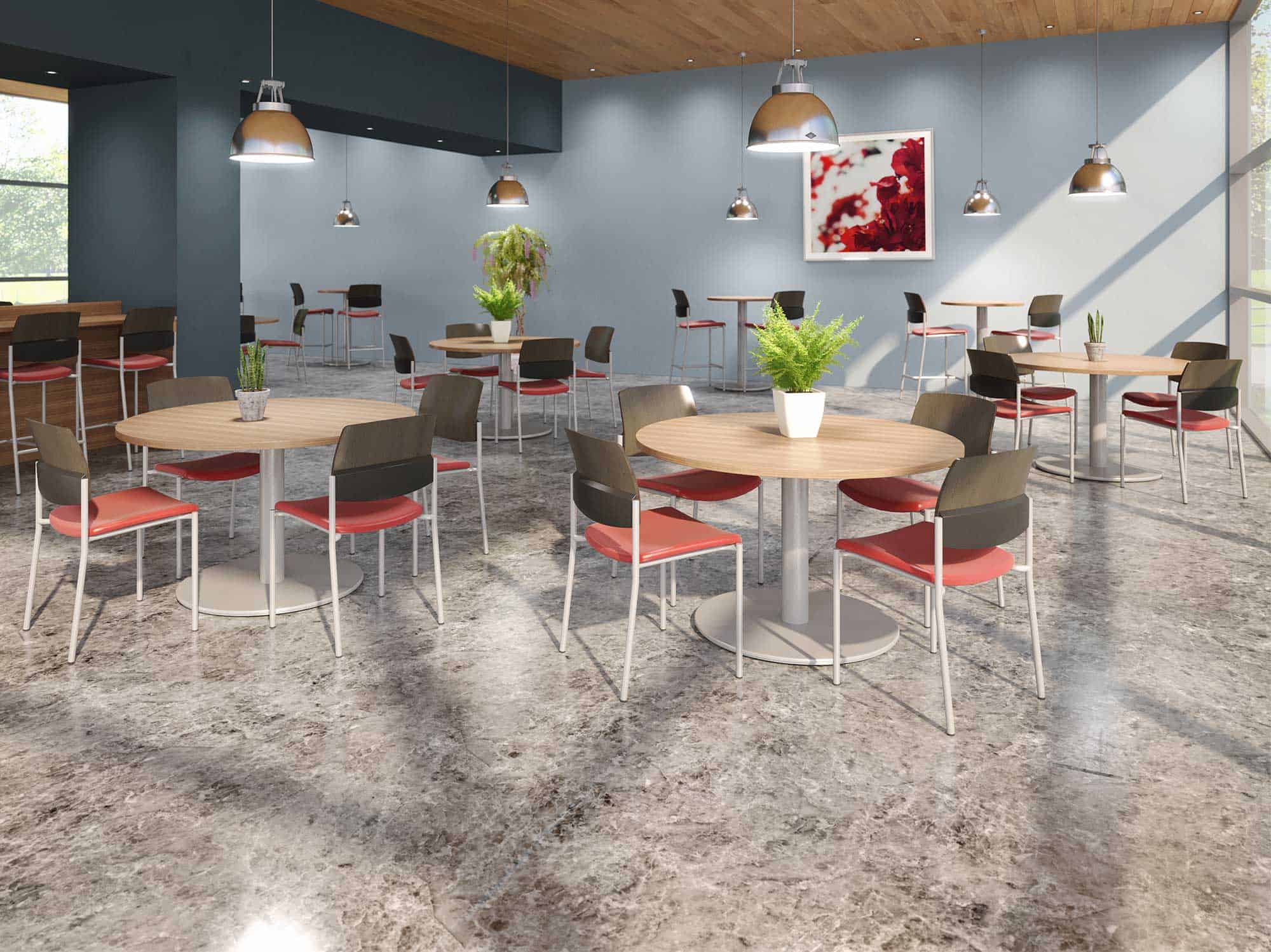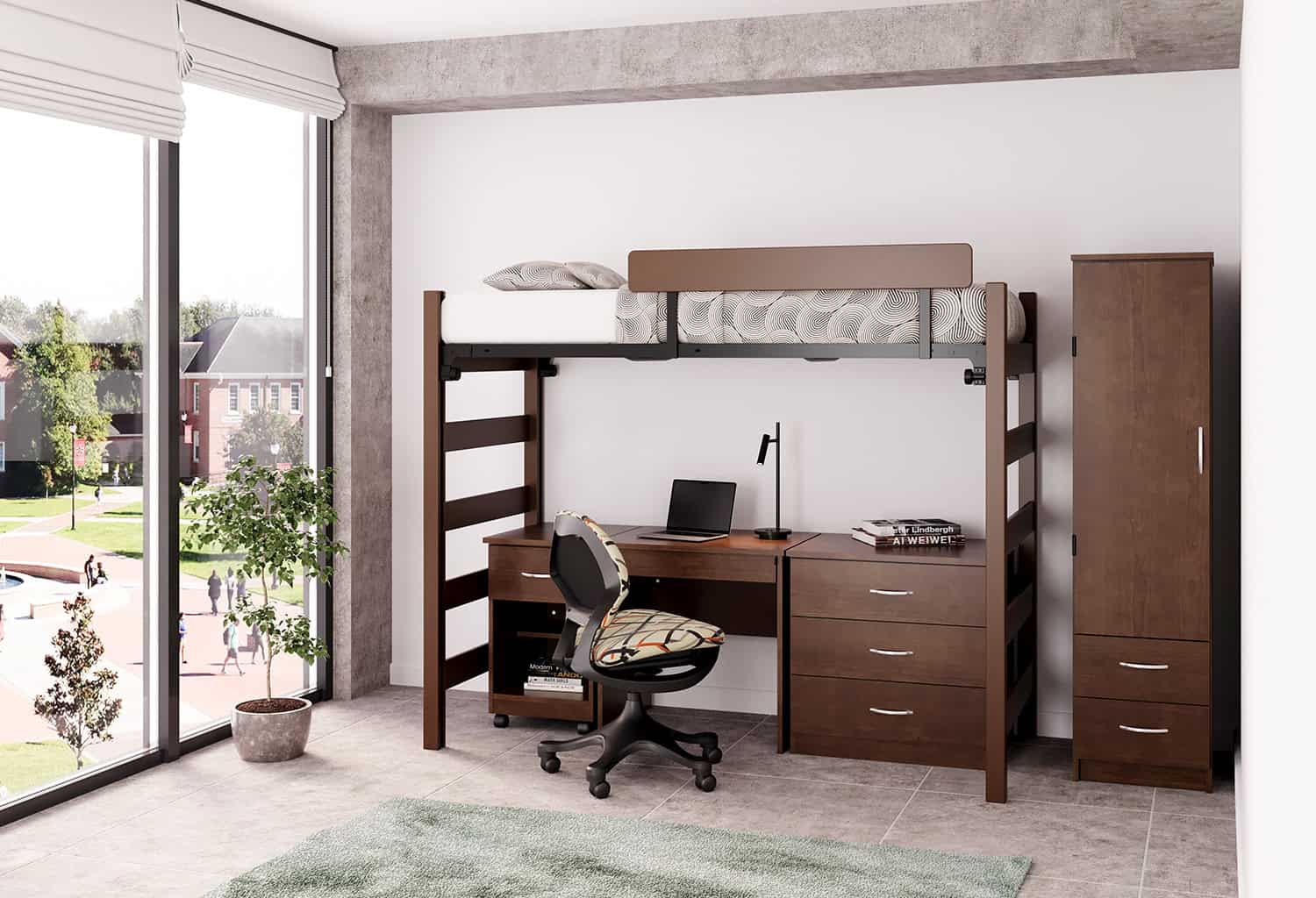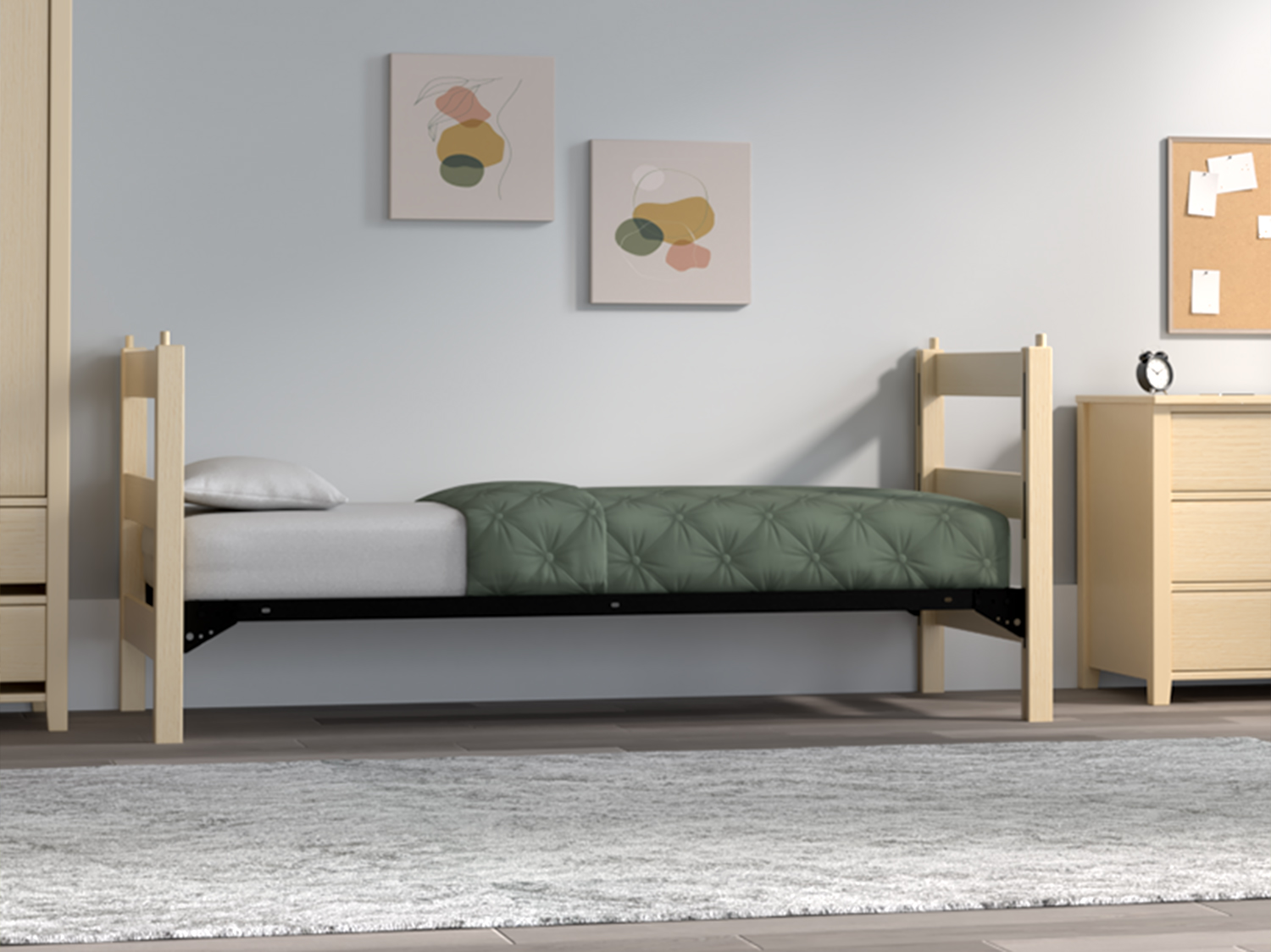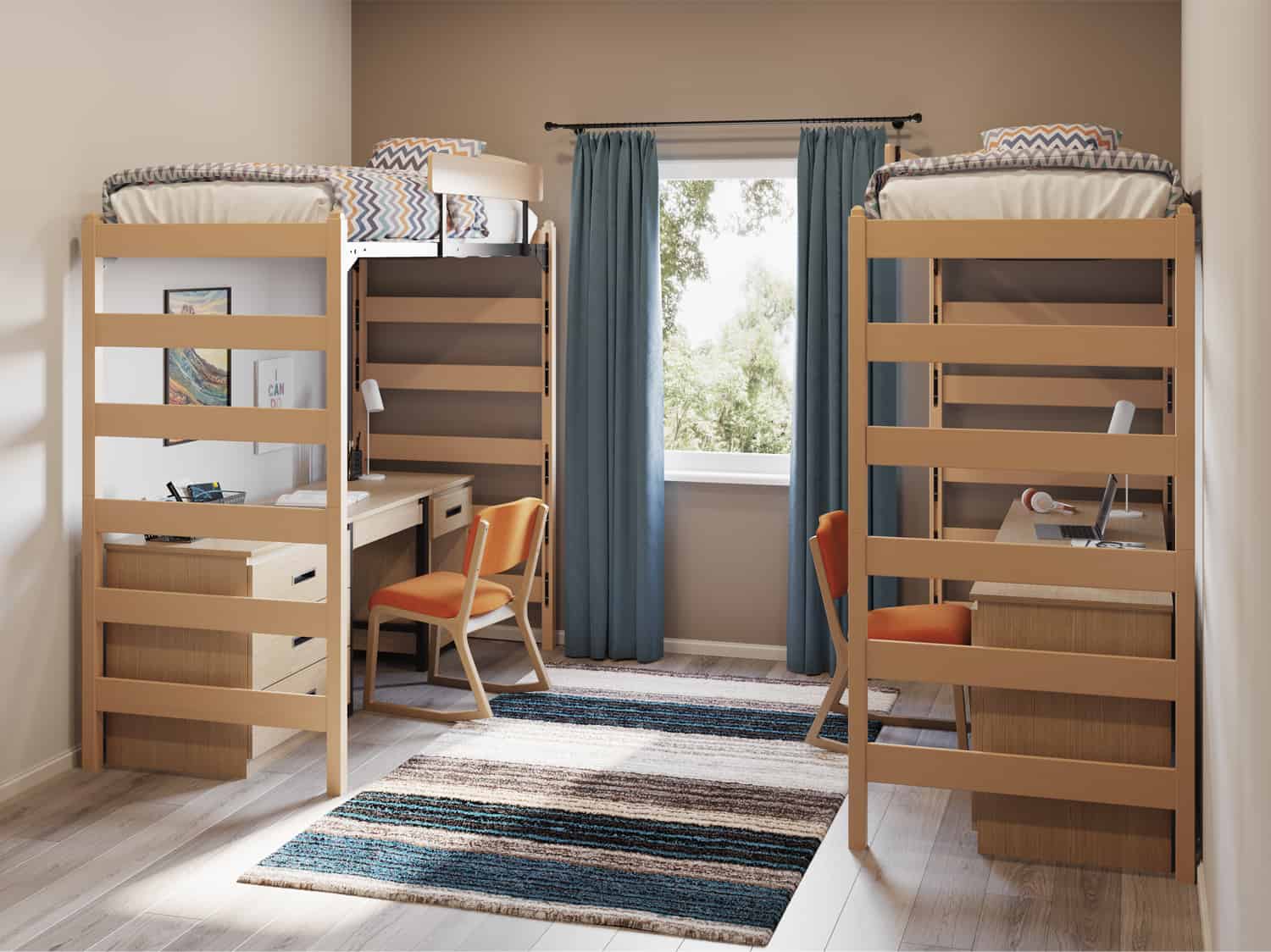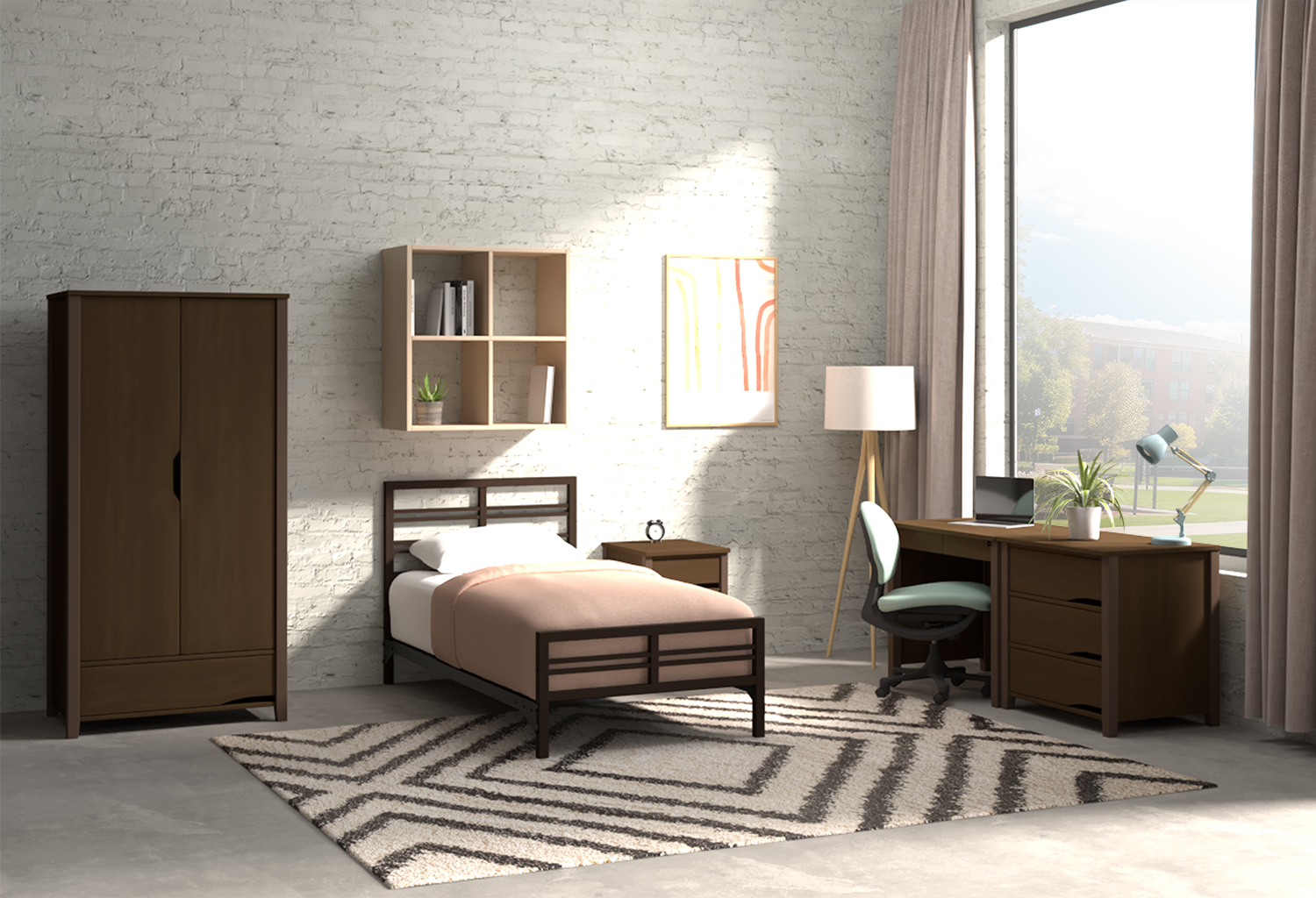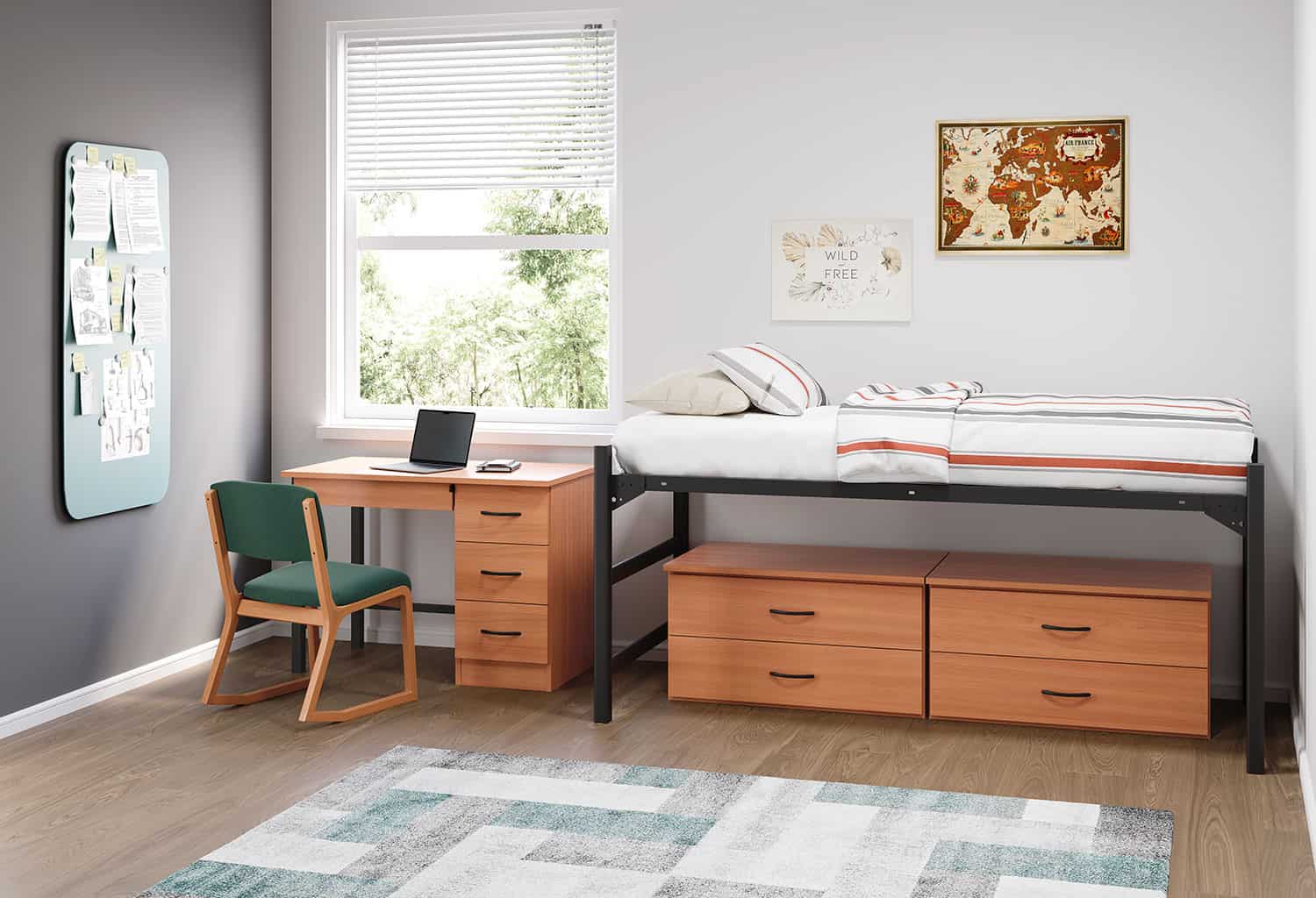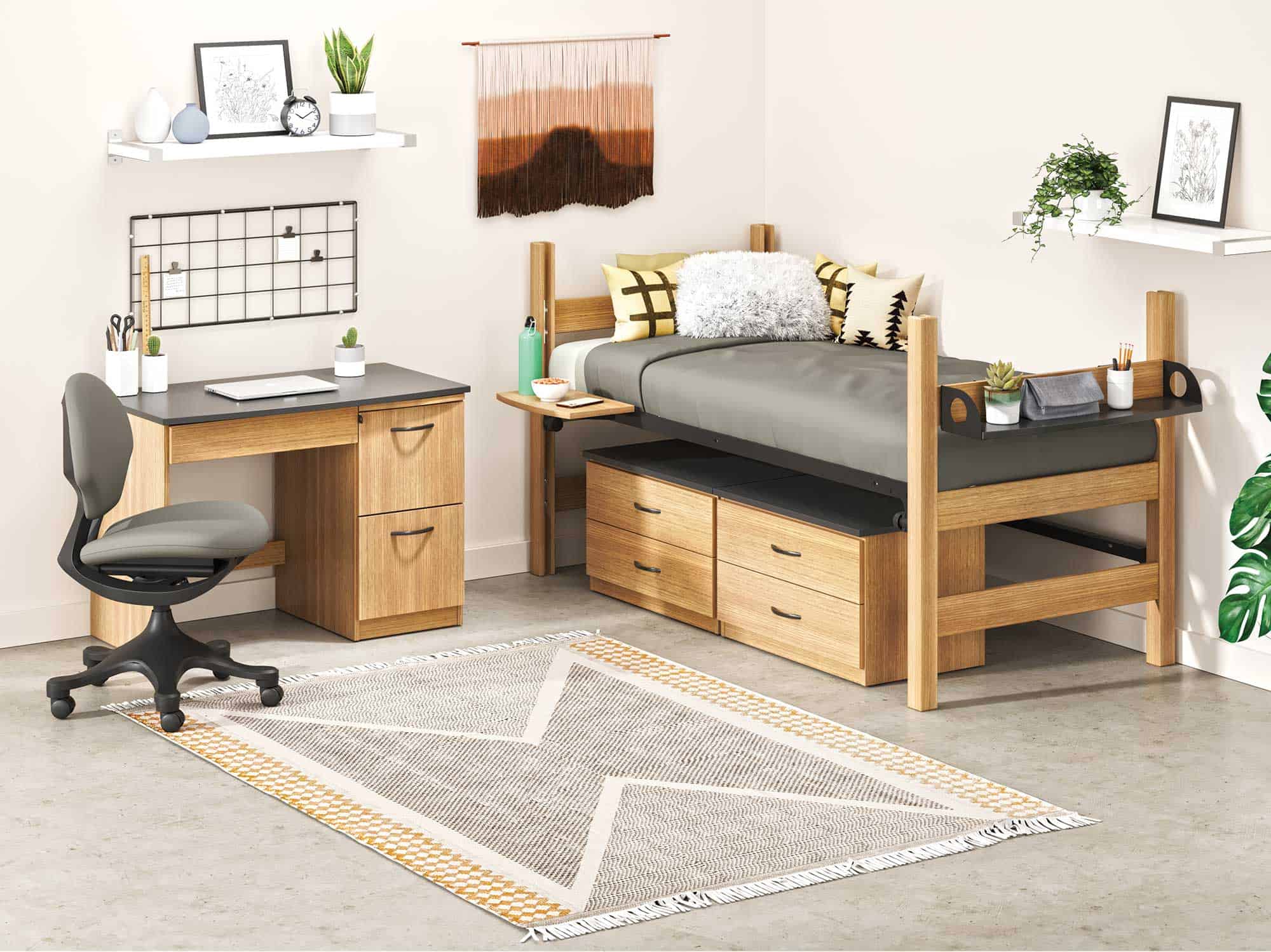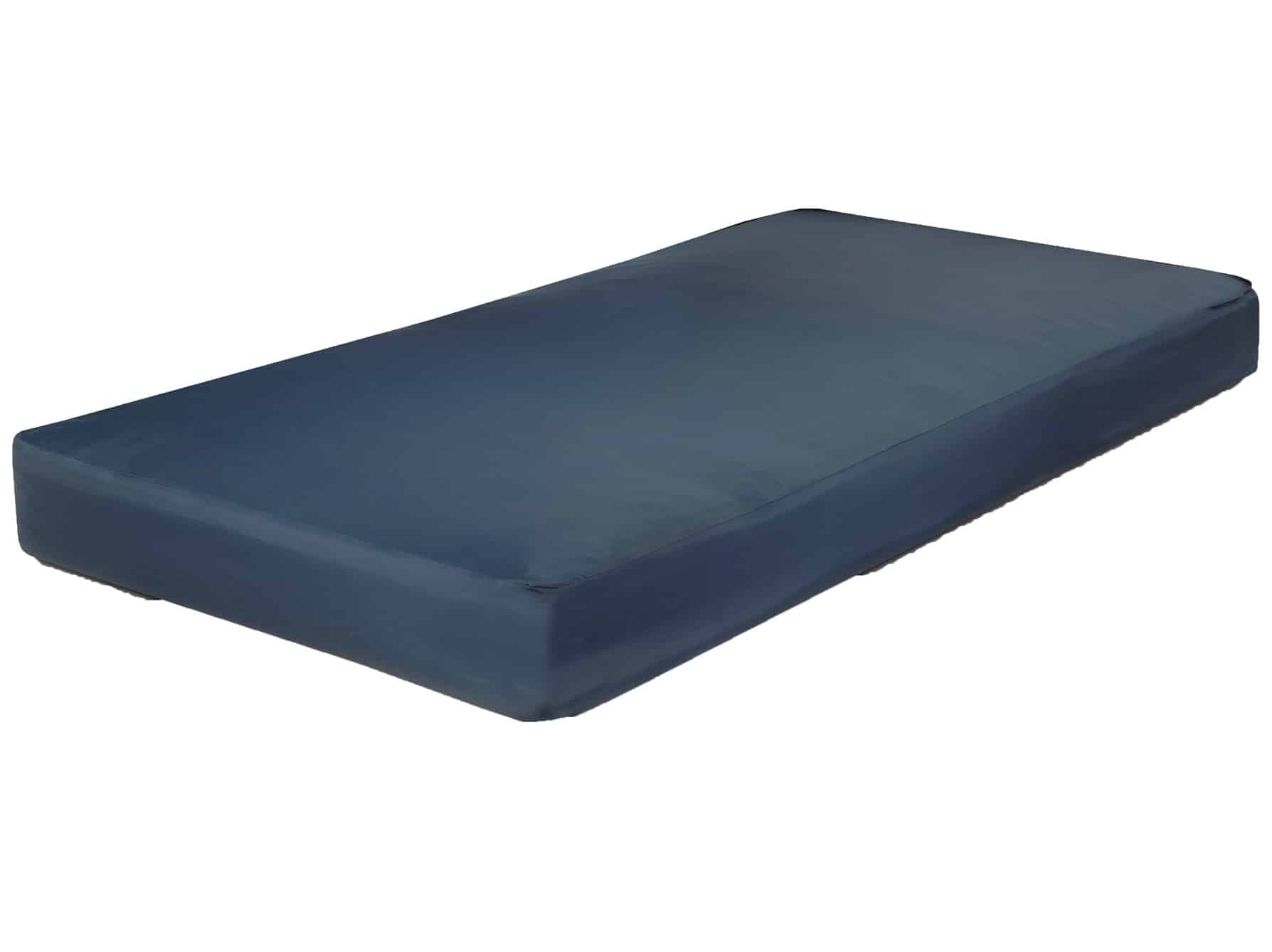Our Story
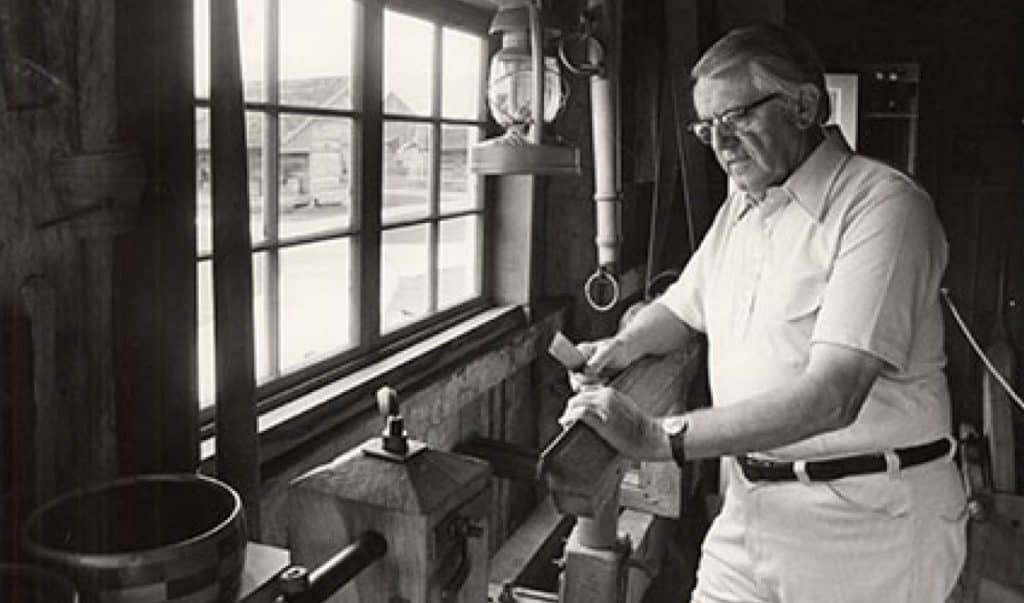
It all began with a carpenter and craftsman named Erie Sauder who had a passion and a knack for crafting furniture people liked. In 1934, he founded Sauder Woodworking, and a local congregation in Northwest Ohio hired him to rebuild all the woodwork in their recently burned church—including the pews and chancel. Working alone, Sauder successfully completed the job in eight months and added church furniture to his growing business.
Several years later in 1940, Sauder Woodworking Co. turned the high-quality wood scraps left over from the production of the pews into end tables. Around this time, a traveling salesman saw the tables and took some to a furniture show in Chicago. The next day, Sauder received a long-distance telephone call for an order for 25,000 tables, and local Sauder Woodworking Co. went national.
Because of the popularity of Sauder furniture, more room was needed to produce both table and church furniture lines. Six employees each scraped together $5,000 to start a new, separate corporation in partnership with Sauder—several employees even mortgaged their homes and more to come up with the money—and Sauder Manufacturing Company was officially born in 1945. The company saw its first expansion in 1951, when it delivered its first long-distance order to Oregon. Sauder Manufacturing Company purchased a used milk truck to help with the delivery, which the company employees made themselves.
Continuing the Momentum: Growth and Innovation
In 1971 to stay at the forefront of changing church trends, Sauder Manufacturing bought an English chair company that made plybent chairs and moved the entire factory to Stryker, Ohio. The new venture pioneered the use of chairs in worship spaces.
Sauder Manufacturing Company recognized that its products and core competencies could be applied in other markets beyond religion. The company began testing the waters of the contract market by selling chairs to colleges and universities nationwide through the Collegiate Products Incorporated (T.O. Allan) sales agency in 1983, and soon Sauder Education came into existence.
Making a commitment to the contract market, Sauder Education established a dedicated national sales force independent from its worship furniture sales force. The company also recognized an opportunity to provide additional value and convenience for its customers and added tables to its product line to complement its seating options in dining, study and lounge areas. In 1989, Sauder Education introduced its patented three-position PlyLok chairs for use as task seating in residence halls/student rooms, libraries and computer workstations.
For years, Sauder Education witnessed the growing acceptance among college libraries of its seating and table product lines and their benefits. So the company started formally addressing all segments of the library market in 1997, including public and K-12.
Over the years, a shared dedication to core values and innovation had served to create a natural link between Wieland Furniture and the Sauder family of companies. In October of 2000, this long-term relationship culminated in Sauder Manufacturing’s acquisition of Wieland Furniture, thereby strengthening and solidifying the competitive position of each firm within the contract marketplace.
In 2006, Sauder proudly introduced Trey – a multi-function task chair purposefully designed for the way students live, relax and study in their residence hall room. This new product introduction further strengthened Sauder’s position as a leader in the college and university seating market. Early in 2007, Sauder introduced 3 new lounge products – Moment, Allure, and Cavetto – designed to accommodate the comfort students desire and the durability and quality the university desires.
Looking to the Future
Today, Sauder Manufacturing is well positioned for the future with a strong management team in place to guide the company. Sauder continues to apply its unique combination of skilled craftsmen and modern technology to serve customers in all its core markets (Education, Healthcare, Human Services, Government and Worship), providing them with unmatched creativity, quality and value. In staying true to the past, while planning for the future, Sauder strives to “preserve the core while stimulating progress.”
At Sauder Manufacturing, how we do our work—new technology, new products and new ideas—changes constantly. But our values—how we treat our customers, suppliers and each other—never change.

